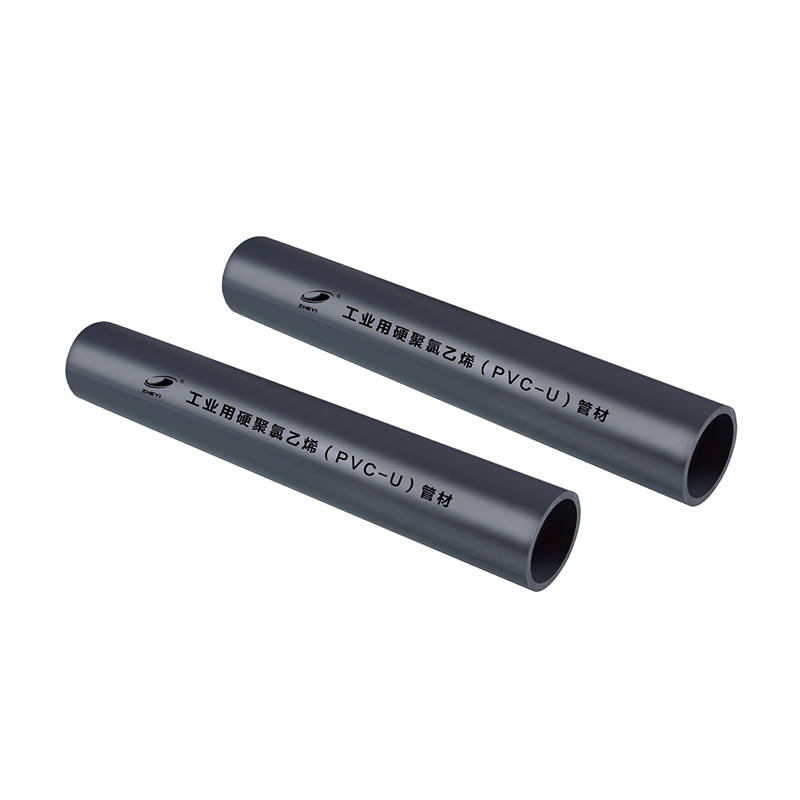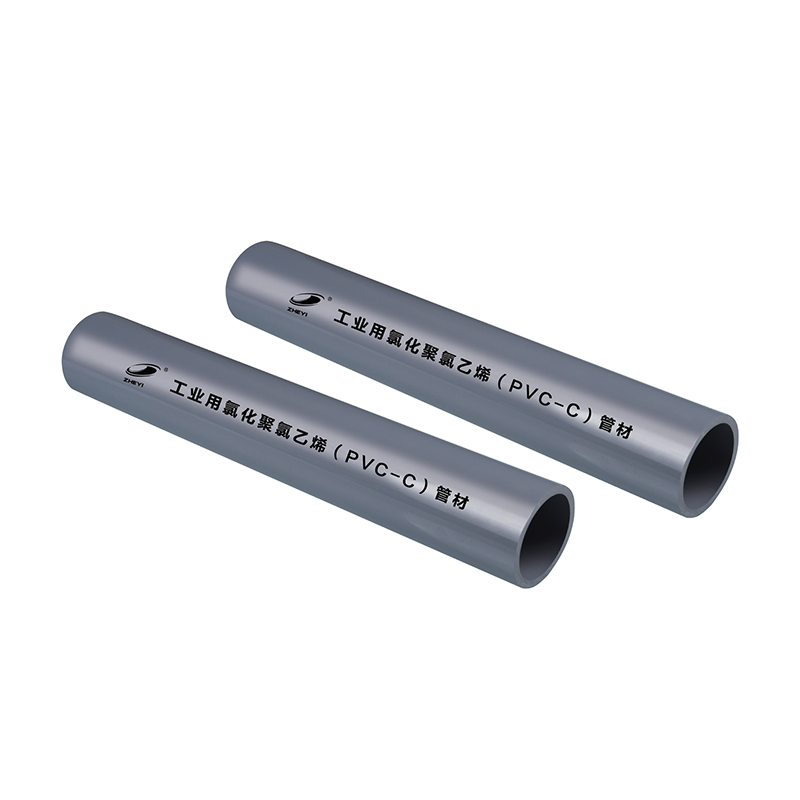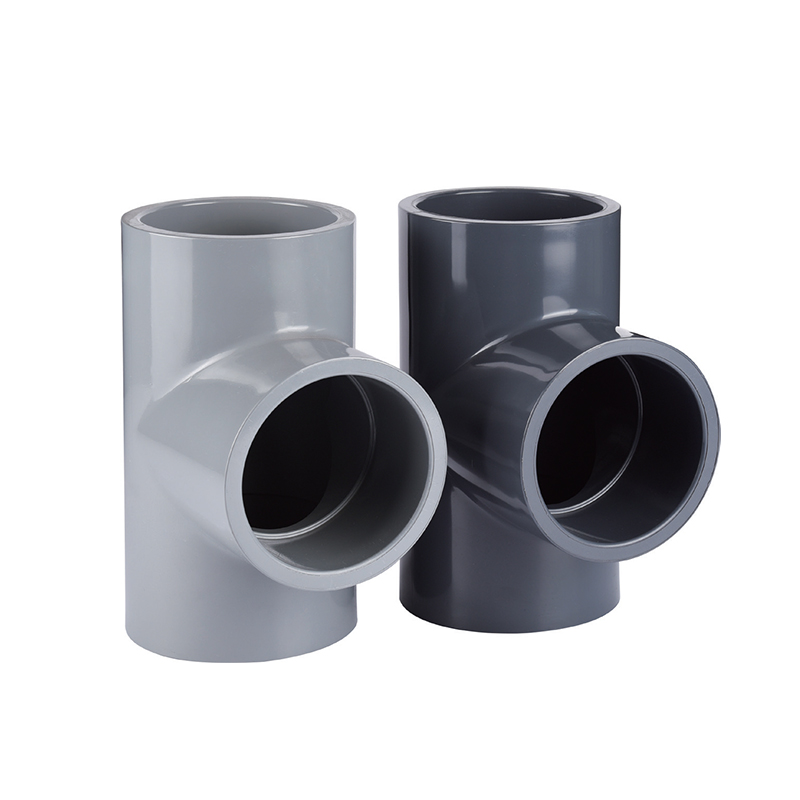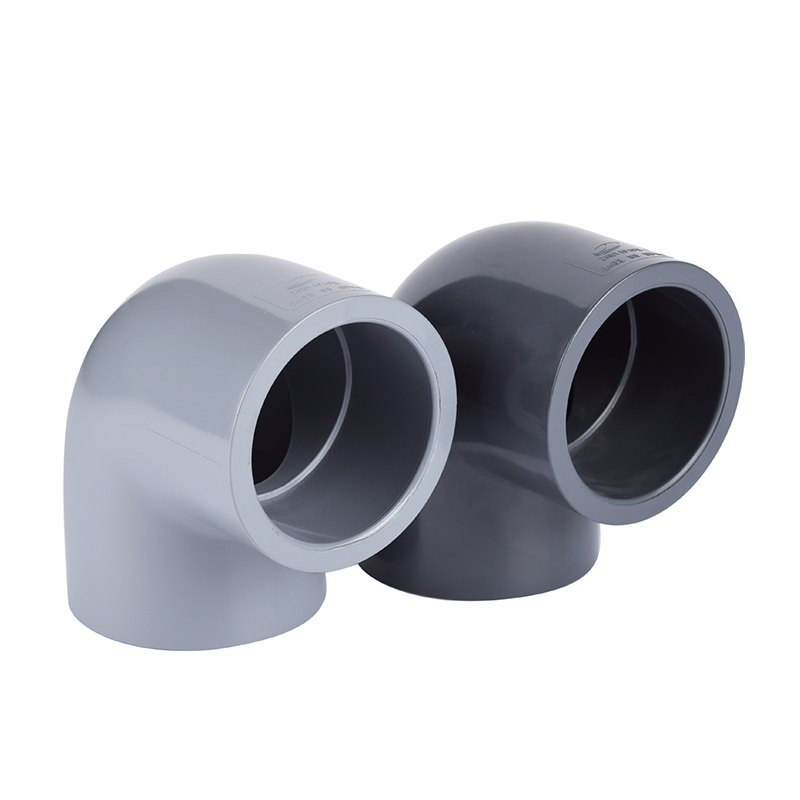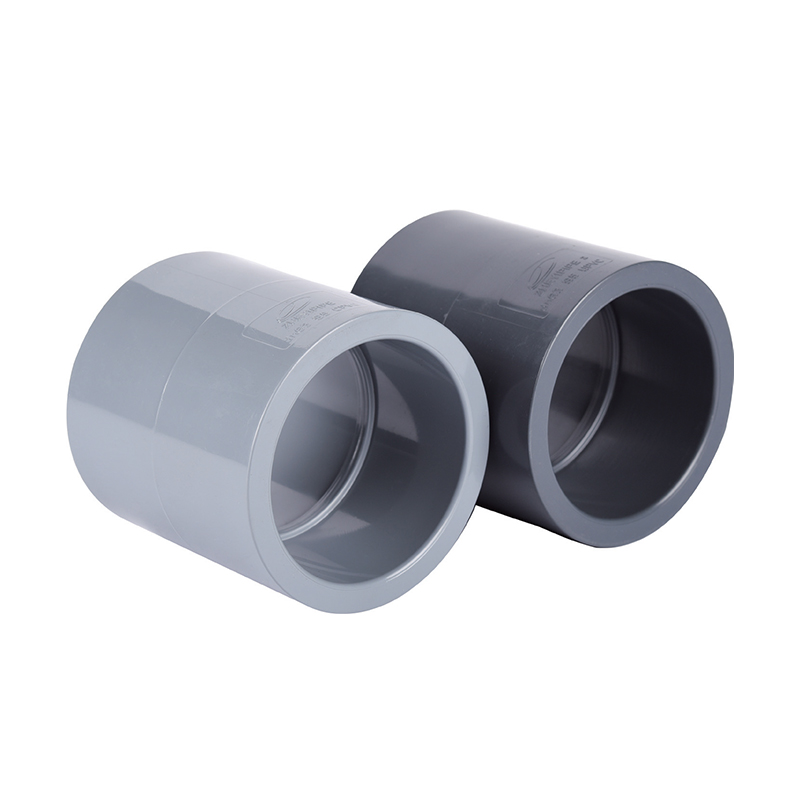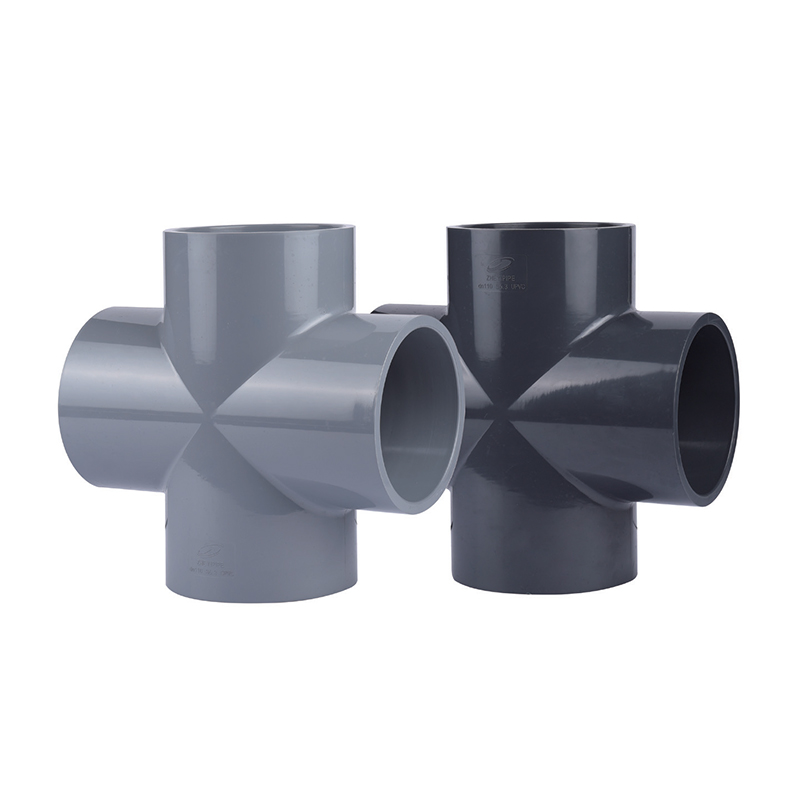The booming lithium battery industry demands high-performance piping systems that can withstand aggressive chemicals and high temperatures. CPVC (Chlorinated Polyvinyl Chloride) fittings are increasingly used in lithium battery production due to their superior resistance to acids, alkalis, and electrolytes. Unlike metal pipes, CPVC does not corrode, ensuring long-term reliability and reducing maintenance costs.
Key benefits of CPVC in lithium battery manufacturing:
Chemical resistance – Handles sulfuric acid, lithium salts, and solvents.
Thermal stability – Maintains integrity at elevated temperatures.
Non-conductive – Prevents electrical hazards in battery production environments.

UPVC/CPVC Male Adapter
Industries such as chemical processing, semiconductor manufacturing, and wastewater treatment require piping systems that endure extreme conditions. High-temperature CPVC fittings excel in these environments, offering:
Heat resistance – Withstands temperatures up to 200°F (93°C) without deformation.
Corrosion-proof performance – Resists degradation from acids, chlorides, and hydrocarbons.
Lightweight & easy installation – Reduces labor costs compared to metal alternatives.
UPVC (Unplasticized Polyvinyl Chloride) pipes are widely used in industrial drainage systems due to their robustness and chemical inertness. Key advantages include:
High mechanical strength – Resists cracking under pressure.
Smooth inner surface – Prevents clogging and ensures efficient flow.
Cost-effective & long-lasting – Minimal maintenance required over decades of use.
Whether for lithium battery production, high-temperature industrial processes, or heavy-duty drainage, UPVC and CPVC fittings provide unmatched durability and chemical resistance. As industries seek safer, more efficient piping solutions, these materials continue to gain prominence in modern manufacturing and infrastructure projects.


 +86-15258772971
+86-15258772971
 dinys009@163.com
dinys009@163.com

 English
English 한국어
한국어 Español
Español عربى
عربى


